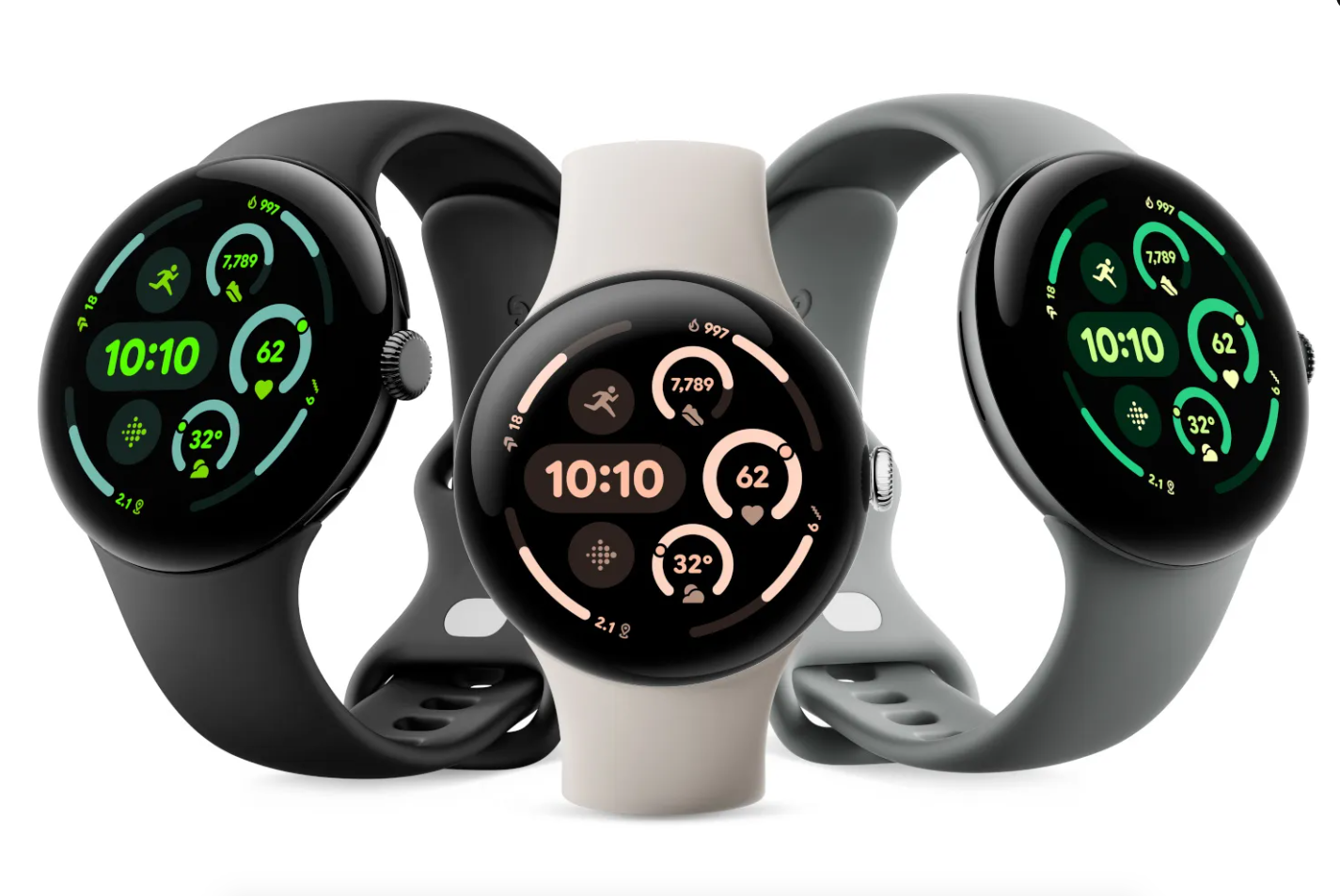Expansion of Google’s Gemini AI to Vehicles, Smartwatches, and Beyond

Google Expands Gemini AI Across Multiple Platforms
Google is gearing up to broaden the availability of its Gemini AI technology beyond smartphones. During Alphabet’s Q1 2025 earnings call, CEO Sundar Pichai announced exciting plans for Gemini, confirming its introduction on various devices, including Android Auto, Wear OS smartwatches, tablets, and headphones, later this year.
Gemini AI’s Transition and Upgrades
According to Pichai, the upgrade involves transforming the existing Google Assistant on mobile devices to the more advanced Gemini AI. This transition aims to deliver a more seamless and intelligent experience across different platforms. While Pichai did not provide specific dates for the rollout, he indicated that the deployment would occur within the year, in line with Google’s usual updates.
With Gemini already functioning as the default assistant on many Android smartphones, the shift represents a significant pivot towards AI-driven technology. The company’s commitment to integrating Gemini across its ecosystem is clear, indicating a concentrated effort to enhance user interactions with AI.
Integrating Gemini into Wear OS and Other Platforms
One of the most notable integrations of Gemini will be within the Wear OS environment. Reports suggest that Gemini could initially be introduced through an update to the existing Assistant app, paving the way for a deeper integration into the next version of the Wear OS, known as Wear OS 6. Additionally, evidence from beta versions of Google apps indicates that Gemini may also find its way into Android Automotive systems, enhancing driving experiences with voice-activated AI capabilities.
Google’s Broader AI Strategy for 2025
The integration of Gemini into a variety of devices mirrors Google’s broader ambitions for artificial intelligence in 2025. This initiative is part of the company’s extensive investments to embed Gemini into core products like Gmail, Google Drive, and other essential applications. The drive also extends to exploring robotics, including the much-anticipated AI-powered home robot known as Ballie, aiming to create a smarter home environment.
Anticipated Developments at Google I/O
Google’s annual developer conference, Google I/O, is set to take place on May 20-21. There is growing speculation that this event will unveil additional details about the implementation of Gemini across different devices. Attendees and tech enthusiasts alike are eager to see how Gemini will enhance user experiences and what new features may be on the horizon.
Key Takeaways from Google’s Gemini Expansion
- Wider Reach: Gemini AI will soon be available on various platforms, not just smartphones.
- Enhanced User Experience: The transition to Gemini aims to provide seamless and intelligent interactions across devices.
- Wear OS Integration: Initial updates for Wear OS devices are expected, with future enhancements planned for subsequent versions.
- Broader AI Ambitions: Google is investing in expanding Gemini’s capabilities into core services and robotics.
- Upcoming Announcements: The Google I/O event may reveal further details about Gemini’s rollout and features.
As Google continues its focus on AI technologies, the implementation of Gemini across multiple platforms signals a significant milestone in creating integrated, AI-driven experiences for users.






